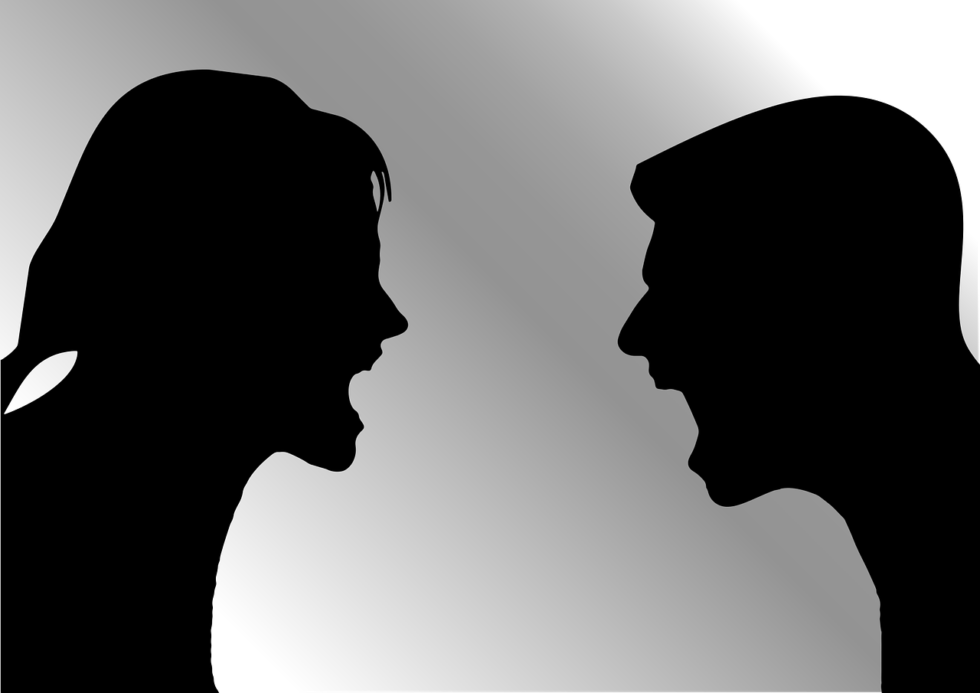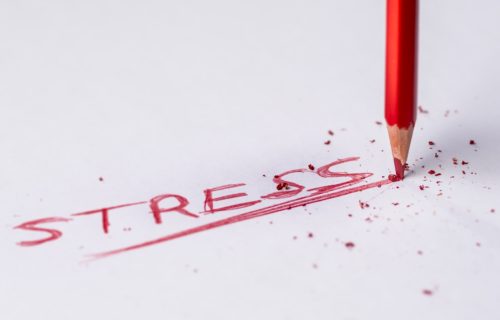
Q&A: On communication: How to stop arguing
Q: Last time, you explained why we feel stressed or upset about thigs, and you said that it has to do with the sense of loss when our expectations are not met. When we interact with others we sometimes feel upset over what they say or do. How can we resolve that?
A: When we argue or fight, it’s because we are communicating at the level of the ego. When we communicate at the level of our higher consciousness (you may call it spirit, soul, energy, whatever you prefer) we do not argue or fight with others. Yes, it’s very hard to put the ego aside, because it likes to be right. However, if you stop for a moment and ask yourself, “do I want to be right or do I want to be happy?” the answer is obvious. I always teach my coaching clients and students: let yourself be yourself, and let them be themselves. When you let another person be different and accept them just the way they are without trying to influence or change them, suddenly, communication becomes easier.
Q: So, how do you stop conflicts?
A: You do just that: stop. You make a conscious choice to not argue. It’s easy and hard at the same time, because your ego tends to get in the way. Your ego wants to control your world and everything in it, which is normal. However, this is where the shift in focus becomes very useful. And the more you practice it, the better you get at it. The moment you start feeling upset, you make a conscious decision to stop and give yourself a time out. Ask yourself, “what am I feeling right now and WHY am I feeling this way?” It’s OK to feel whatever it is you are feeling at the moment. The next question, you want to ask yourself is “what do I really want?” The truth is, you cannot control the other person, and you cannot control what they say or do. The only thing you can control is how YOU respond and what you choose to feel and do. For example, if your husband forgot to buy milk, and you got upset about that, what you really wanted was not the milk or for your husband to do whatever you asked him, but rather you just wanted to feel taken care of and happy.
So the next time you feel upset about something that someone else did or didn’t do, take a pause, and ask yourself, “what do I really want?”
Q: OK, so you can control how you feel, which is how you can stop being upset with another person. But what about the cases when the other person is upset with you?
A: The same thing: you realize that they are upset because of sense of loss over unmet expectations. The most important thing here is not to react, but to respond. There is a difference between reacting and responding. When you react, you get on the same level as them: their hurt ego. To respond in a constructive way, all you need to do is say this: “I am sorry. I understand. How can I make you feel better?” You can keep repeating these three short phrases until this person calms down. It works like a charm every time.
Overall, the key to effective communication with other is to find the good in every person. It’s there, and it does not take much to look and see it. It’s just a matter of practice.




Add A Comment